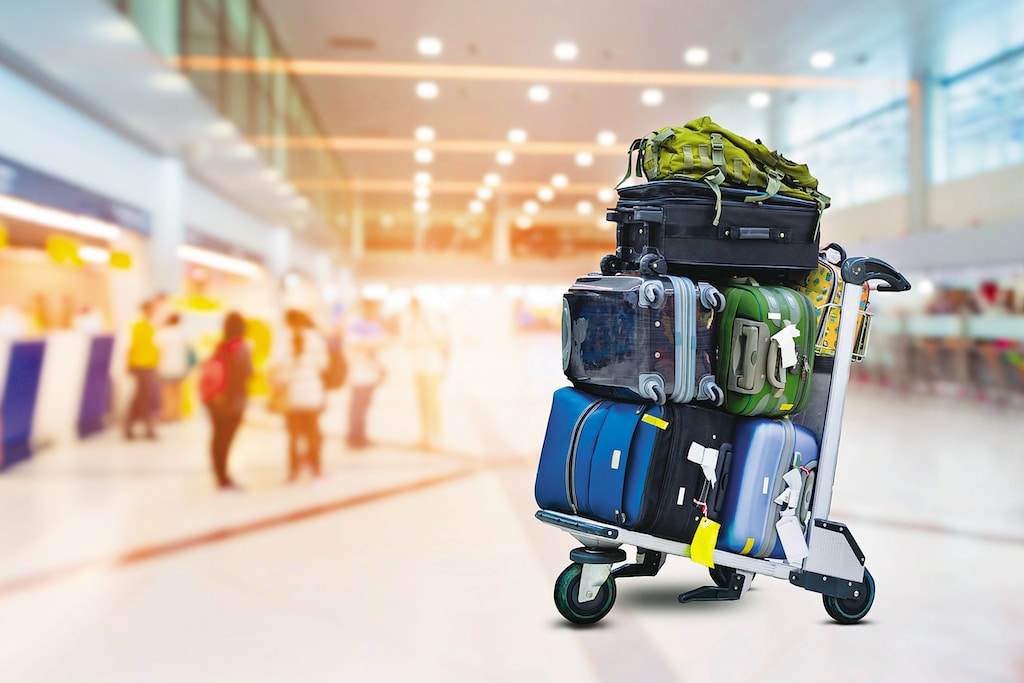Traveling to France is a dream come true for many. From the romantic streets of Paris to the stunning landscapes of Provence, this captivating country offers a wealth of experiences. However, before embarking on your adventure, it’s crucial to be prepared and ensure that you have the right protection in place. In this article, we’ll explore the ins and outs of travel insurance for your trip to France, highlighting its importance and the benefits it provides.
Why Travel Insurance Matters for France Travelers
Travel insurance is a vital aspect of any trip, and when it comes to traveling to France, it’s no exception. Here’s why having travel insurance matters:
- Medical Emergencies: In case of unexpected illnesses or accidents during your trip, travel insurance ensures that you have access to quality medical care without incurring exorbitant expenses.
- Trip Cancellation or Interruption: Travel plans can change due to unforeseen circumstances, such as personal emergencies or natural disasters. Travel insurance covers trip cancellation or interruption, reimbursing you for non-refundable expenses.
- Lost or Delayed Baggage: If your luggage goes missing or is delayed, travel insurance provides compensation to help you replace essential items and minimize inconvenience.
- Travel Delays: Delays can happen due to various reasons, including weather conditions or transportation issues. Travel insurance offers coverage for additional expenses, such as accommodation and meals, incurred during extended delays.
Understanding the Basics of Travel Insurance
When considering travel insurance, it’s important to understand its fundamental aspects:
- Coverage Types: Travel insurance typically offers various coverage types, including medical expenses, trip cancellation/interruption, baggage loss, travel delays, and emergency evacuation. Evaluate your needs and choose a plan that provides comprehensive coverage.
- Policy Exclusions: Familiarize yourself with the policy exclusions to understand what is not covered. This may include pre-existing medical conditions, high-risk activities, or specific destinations.
- Policy Limits: Each policy has coverage limits, such as a maximum payout for medical expenses or a cap on trip cancellation reimbursements. Ensure that the policy limits are sufficient for your needs.
Choosing the Right Travel Insurance Plan
To select the right travel insurance plan for your France trip, consider the following:
- Evaluate Coverage Options: Assess the coverage options provided by different insurers. Look for plans that specifically cater to international travelers and offer extensive coverage for medical emergencies, trip cancellation, and baggage loss.
- Read Customer Reviews: Research customer reviews and ratings for different insurance companies. This can provide insights into their reliability and customer service quality.
- Compare Quotes: Obtain quotes from multiple insurers and compare the costs and coverage offered. Keep in mind that the cheapest option may not necessarily provide the best coverage, so balance cost and benefits.
Coverage to Look for in Travel Insurance for France
When purchasing travel insurance for your France trip, ensure that it includes the following coverage:
- Medical Expenses: Comprehensive coverage for medical emergencies, including hospitalization, doctor visits, and medication.
- Emergency Medical Evacuation: Coverage for emergency medical transportation back to your home country in case of severe illness or injury.
- Trip Cancellation/Interruption: Reimbursement for non-refundable trip expenses if you need to cancel or interrupt your trip due to unforeseen events.
- Baggage Loss/Delay: Compensation for lost or delayed baggage, allowing you to replace essential items.
Making a Claim: How Travel Insurance Works in France
In the unfortunate event that you need to make a claim, follow these steps:
- Contact Your Insurer: Notify your insurance provider immediately and provide them with all the necessary documentation, such as medical reports, police reports, or receipts.
- Complete Claim Forms: Fill out the claim forms accurately and provide all the required information. Attach supporting documents as requested.
- Keep Copies: Maintain copies of all the documents submitted for your records.

